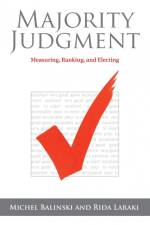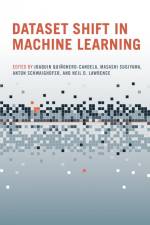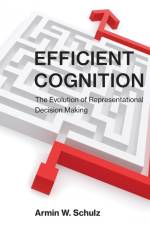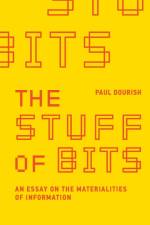von Joshua A. Gordon
109,00 €
Psychiatrists and neuroscientists discuss the potential of computational approaches to address problems in psychiatry including diagnosis, treatment, and integration with neurobiology.Modern psychiatry is at a crossroads, as it attempts to balance neurological analysis with psychological assessment. Computational neuroscience offers a new lens through which to view such thorny issues as diagnosis, treatment, and integration with neurobiology. In this volume, psychiatrists and theoretical and computational neuroscientists consider the potential of computational approaches to psychiatric issues.This unique collaboration yields surprising results, innovative synergies, and novel open questions. The contributors consider mechanisms of psychiatric disorders, the use of computation and imaging to model psychiatric disorders, ways that computation can inform psychiatric nosology, and specific applications of the computational approach.Contributors Susanne E. Ahmari, Huda Akil, Deanna M. Barch, Matthew Botvinick, Michael Breakspear, Cameron S. Carter, Matthew V. Chafee, Sophie Denève, Daniel Durstewitz, Michael B. First, Shelly B. Flagel, Michael J. Frank, Karl J. Friston, Joshua A. Gordon, Katia M. Harlé, Crane Huang, Quentin J. M. Huys, Peter W. Kalivas, John H. Krystal, Zeb Kurth-Nelson, Angus W. MacDonald III, Tiago V. Maia, Robert C. Malenka, Sanjay J. Mathew, Christoph Mathys, P. Read Montague, Rosalyn Moran, Theoden I. Netoff, Yael Niv, John P. O'Doherty, Wolfgang M. Pauli, Martin P. Paulus, Frederike Petzschner, Daniel S. Pine, A. David Redish, Kerry Ressler, Katharina Schmack, Jordan W. Smoller, Klaas Enno Stephan, Anita Thapar, Heike Tost, Nelson Totah, Jennifer L. Zick






























